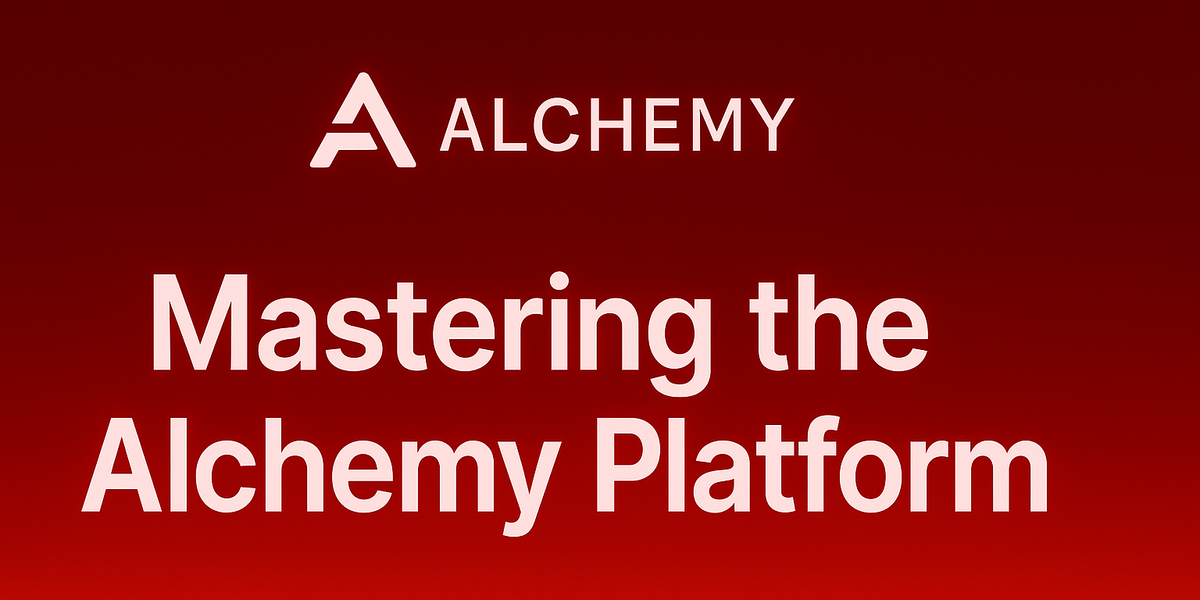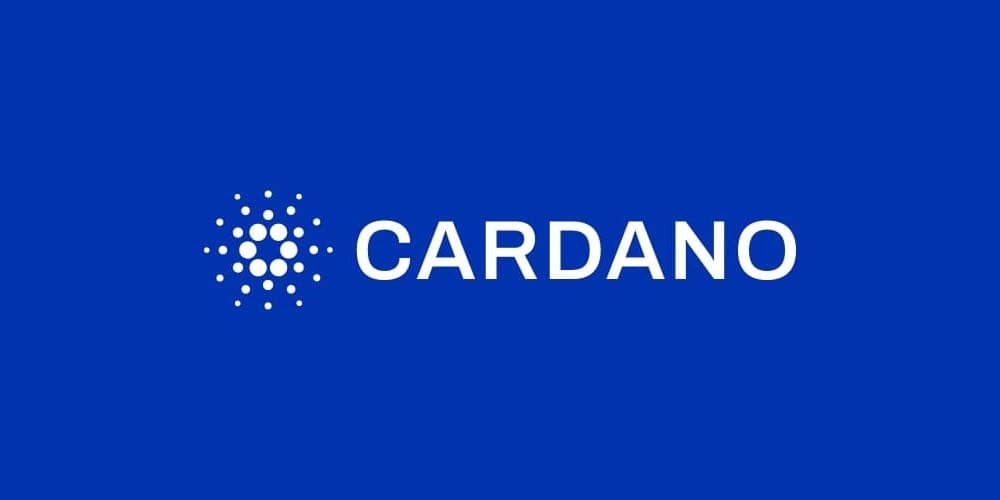Blockchain technology continues to evolve at a rapid pace, bringing significant improvements in financial transactions, security frameworks, and digital asset management. With each passing day, new projects emerge, addressing scalability issues, security enhancements, and decentralized governance models. These breakthroughs are reshaping industries beyond finance, influencing supply chain management, healthcare, and identity verification.
Several breakthroughs and technological advancements have been introduced in recent weeks. These updates signify the growing maturity of blockchain as a foundational digital infrastructure. As the ecosystem expands, projects continue to experiment with novel approaches to increasing transaction speed, reducing fees, and improving accessibility.
- Starknet’s Transaction Speed Record: Starknet, a prominent Ethereum Layer-2 scaling solution, claims to have set a new record in transaction speed, improving blockchain efficiency. Faster transactions enable broader real-world use cases, refining decentralized applications (dApps) and ensuring a smoother user experience.
- MultiversX Enables Testnet Node on Smartphone: This advancement allows developers to deploy and test blockchain nodes directly from a smartphone, enhancing accessibility. By empowering developers to test protocols on mobile devices, blockchain infrastructure takes steps toward a more inclusive and decentralized future.
- BitcoinOS and its BitSNARK Verification Protocol: A new open-source verification system, BitSNARK, aims to enhance Bitcoin Layer-2 solutions by improving scalability and security. Ensuring secure environments for financial transactions will help drive mainstream adoption.
- Delphi Ventures' Investment in Web3 Gaming: With a $6M investment in Gunzilla Games, Delphi Ventures has become the largest validator of this blockchain-focused gaming project. This funding demonstrates confidence in Web3 gaming environments where players can own and trade digital assets seamlessly.
Blockchain Adoption in Financial Services
Blockchain’s role in financial services remains at the forefront of discussions as adoption accelerates. Several projects have recently gained attention for their impact on digital payments and decentralized finance (DeFi). By leveraging blockchain's transparency and security features, financial institutions are working toward building resilient ecosystems that reduce fraud and inefficiencies.
- Fuse Introduces 'Charge' for Merchants: Fuse, a Layer-1 blockchain focused on payments, has launched 'Charge' to facilitate seamless transactions for businesses. By providing streamlined digital infrastructure, Fuse helps merchants integrate blockchain-powered payment solutions without technical hurdles.
- Cubist's Security Innovations: Cubist, led by a Carnegie Mellon professor, has developed a bridge-security system, Bascule, which mitigates vulnerabilities in blockchain transactions. This research-backed initiative underscores the necessity of robust security mechanisms for the broader adoption of smart contracts and decentralized applications.
- Firoza Finance’s Pilot Program: With a focus on Shariah-compliant DeFi, Firoza Finance launched a $2M pilot program, demonstrating the growing demand for ethical finance solutions. By catering to Islamic finance principles, this initiative showcases blockchain’s adaptability to different economic and ethical frameworks.
Blockchain and the Future of Money Transfers
Another key focus is blockchain’s capability to improve financial transactions. By reducing costs, increasing transfer speeds, and ensuring transparency, blockchain technology is being adopted worldwide to enhance remittance systems. The integration of blockchain-backed financial services ensures lower transaction costs and seamless cross-border payments.
For example, Pakistan is currently exploring blockchain-based remittances to optimize cross-border payments. This effort aligns with broader government initiatives to modernize financial processes while ensuring compliance with existing regulatory standards. Additionally, Ethereum developers recently launched a new testnet, despite some setbacks in Ethereum's upgrade roadmap. As Ethereum continues to refine its infrastructure, layer-2 networks and scalability solutions gain increasing relevance in the ecosystem.
Looking Ahead
The advancements in blockchain technology highlight a rapidly growing industry with numerous innovations geared toward enhancing security, efficiency, and financial inclusion. The integration of blockchain technology in finance, gaming, payments, and remittances signifies an evolving digital economy influenced by decentralization principles. As developments in Web3, DeFi, and Layer-2 solutions continue to emerge, it is clear that blockchain technology will play a critical role in shaping the future of finance and digital transactions. More research, testing, and network adoption will be necessary to ensure the sustainability and efficiency of blockchain-backed infrastructure.





Comments